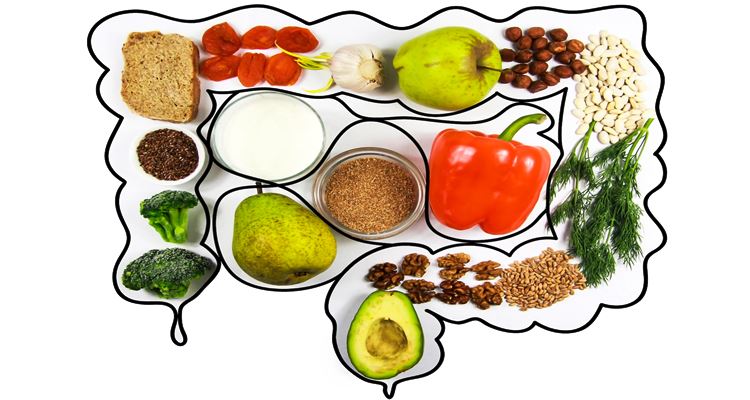Comparing probiotic vs prebiotic, what are their differences?
PROBIOTIC VS PREBIOTIC – Both the probiotics and prebiotics are helpful for the gut’s health and here are the differences between the two.
Probiotics are the ones made up of good bacteria living inside the body. It can help improve your heart and gut’s health and some foods with probiotics in it include yogurt, miso soup, soft cheeses, kefir, sourdough bread, sour pickles, and many others.

These living organisms are those that are developed and consumed by humans through foods and supplements. They are the ones helping the body maintain or improve the “good” bacteria or normal microflora.
And prebiotics, on the other hand, is the food sources of the normal microflora. Prebiotics are typically the high-fiber foods we need to eat. They can’t be broken down by the digestive system so they travel through the digestive tract where the good bacterias are. This is how probiotics thrive and grow.
In a 2013 study, It was found that bacteria in the gut can do the following:
- help immune system functions
- ease symptoms of depression
- helps address obesity
Though there are supplements containing prebiotics, many foods actually contain them. Foods with prebiotics are foods high in fiber like vegetables, fruits, and legumes.
Other foods are:
- oats
- bananas
- berries
- Jerusalem artichokes (not the regular artichokes)
- asparagus
- dandelion greens
- garlic
- leeks
- onions
Maintaining good and balanced gut health can help improve the general health and well-being of a person. A healthy gut is associated with a strong immune system, heart health, brain health, improved mood, healthy sleep, and effective digestion.
Some symptoms of an unhealthy gut are gas, bloating, constipation, diarrhea, and heartburn.
Also, avoid highly processed and highly sugary foods as they can have bad effects like decreased number of good bacteria in the gut.
READ ALSO:
- Fermentation Meaning and Process, What Is Fermentation In Foods
- Gag Reflex – What Is Gag Reflex and How To Get Rid Of This?
What can you say about this? Let us know!

